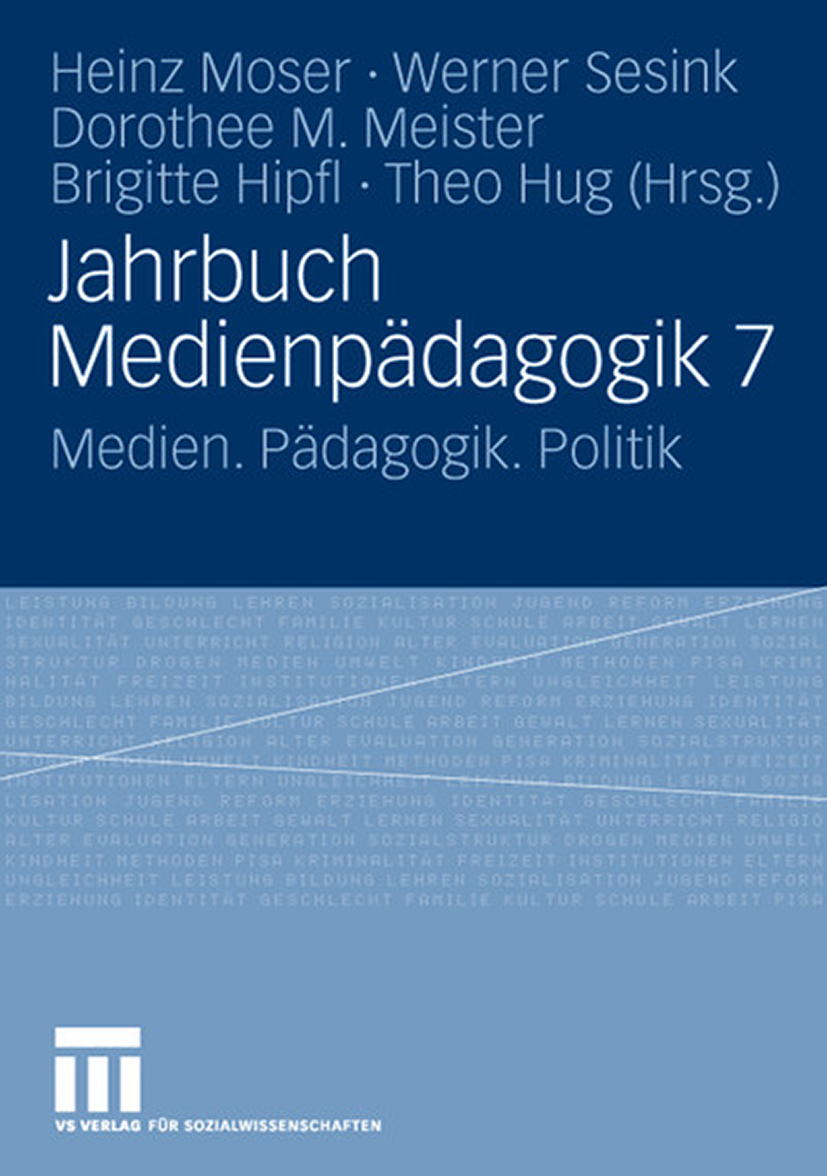Abstract
For some time now, political and social actors have been drawing a picture of apolitical youth and complaining about young people's disenchantment with politics. This is substantiated, among other things, by the results of Shell studies (e.g. Shell Deutschland Holding 2006; Deutsche Shell 2002), which for years have diagnosed a declining interest in politics among the young generation. In 2002, this reached its (temporary) low point when only 34 per cent of young people described themselves as politically interested. Even though the figures for 2006 have risen slightly again, a real turnaround is probably not in sight (cf. Schneekloth 2006). The diagnosed low interest in politics is often interpreted as an indicator of young people's distancing from democracy, democratic institutions and the political rules of the game in a democratic system. This can be agreed with, at least to the extent that a low interest in politics and the institutions of political decision-making is not conducive to the formation of consensus in society as a whole and thus to the ability to act politically. The democratic system - if it is to function according to its purpose - could increasingly lose its basis and thus its legitimacy with an unsuccessful integration of the young generation. On the other hand, young people are not so much disenchanted with politics and distanced from democracy, but rather disenchanted with politicians and parties, with official politics and the existing realpolitik procedures (cf. Hurrelmann et al. 2006, Burdewick 2003).
